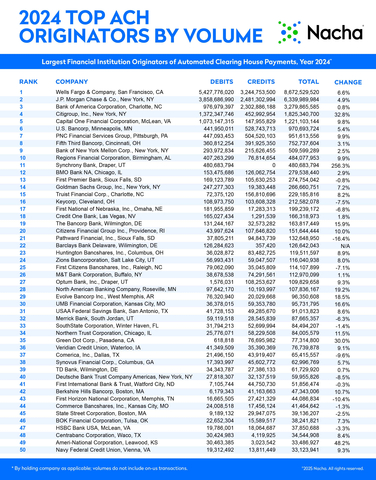Fiscal Fortress: Indonesia's New Finance Minister Pledges Economic Stability

In a bold move signaling potential shifts in Indonesia's economic strategy, newly appointed Finance Minister Purbaya Yudhi Sadewa has committed to maintaining fiscal discipline while simultaneously suggesting a more flexible approach to government spending. Unlike his predecessor's stringent financial management, Sadewa appears poised to strike a delicate balance between fiscal responsibility and economic stimulus.
During his initial statements, Sadewa emphasized that while fiscal prudence remains a core priority, the government is prepared to strategically increase state expenditures where necessary. This nuanced stance indicates a potential departure from the previous administration's ultra-conservative spending model, potentially opening doors for targeted investments in critical sectors such as infrastructure, healthcare, and economic recovery.
The minister's approach suggests a pragmatic understanding of Indonesia's current economic landscape, recognizing that measured and strategic spending could be crucial for driving growth and supporting the nation's post-pandemic economic rehabilitation. By hinting at a more adaptive fiscal policy, Sadewa signals a forward-looking perspective that could help Indonesia navigate complex economic challenges more effectively.







